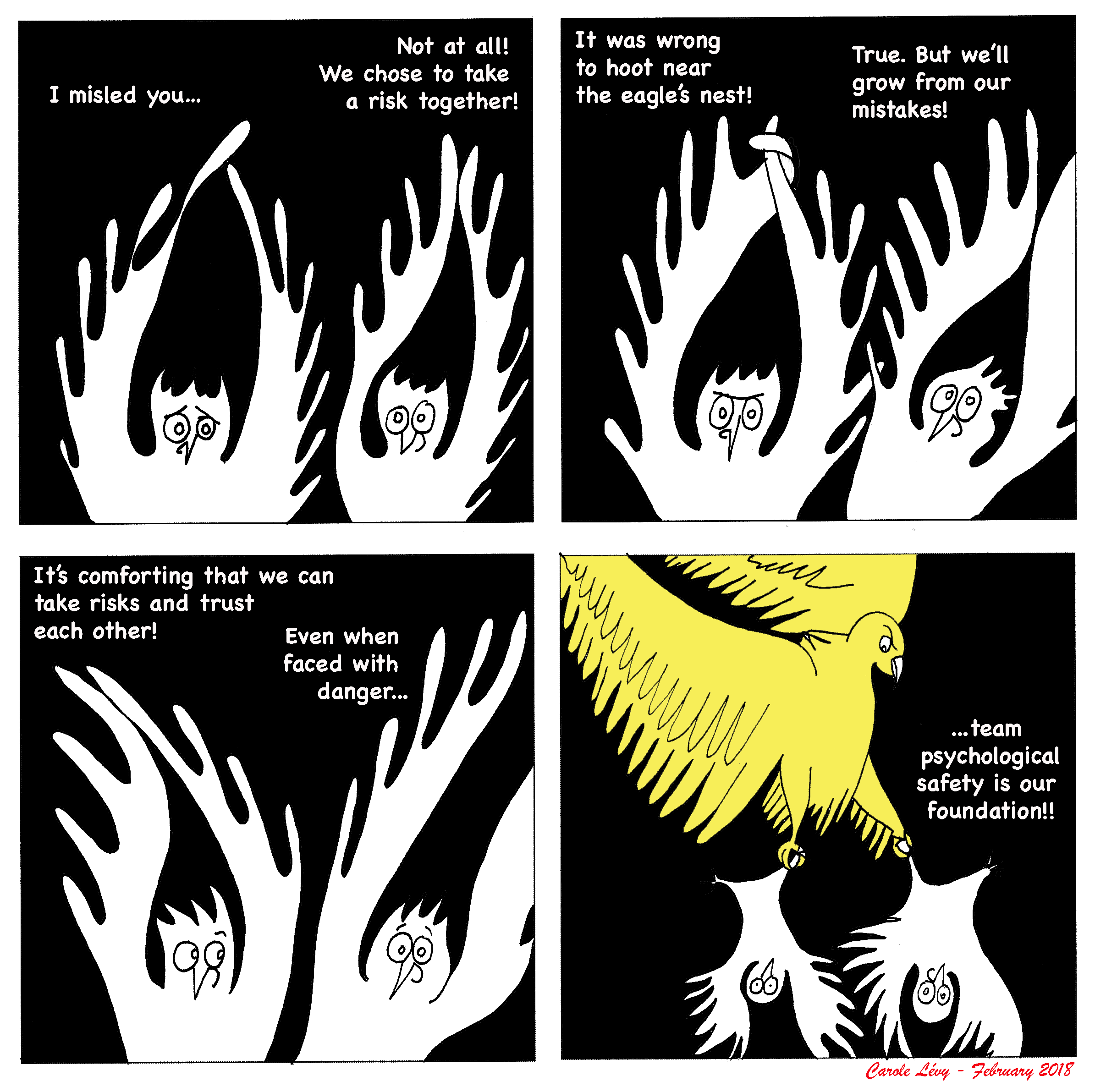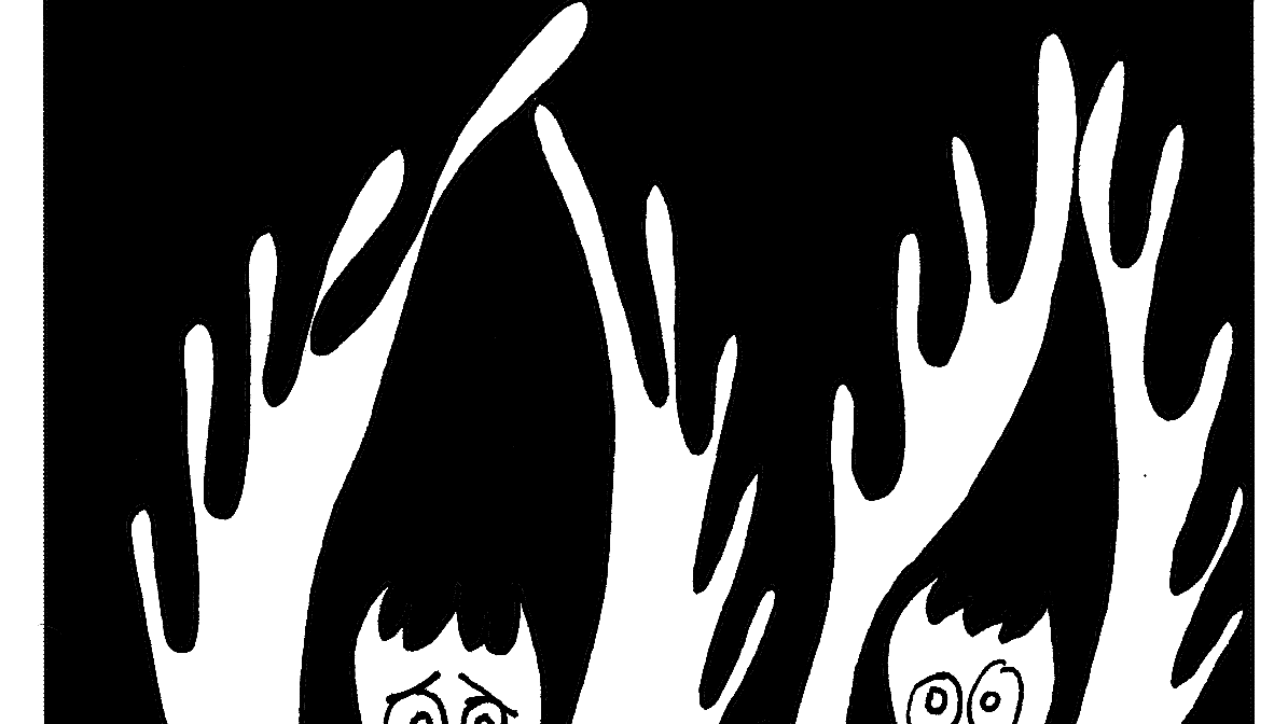
In a volatile world, it is essential to cultivate psychological safety amongst our team members.
In order not to increase volatility, it is also important to maintain the fundamental laws of Mother Nature. Since human species can’t help but disturb the natural order, it’s vital to focus on creating trust, transparency, good communication and care with accountability within our communities!
Psychological safety is defined as a shared belief that the team is safe for interpersonal risk taking. The concept has become mainstream since Google studied what constitutes an effective team and identified psychological safety as the number one factor. (See a good summary of the study in this NY Times article)
Concretely, how does psychological safety manifest within a team?
Here is my non-exhaustive list -regrouped into three categories – of what I believe it takes to create psychological safety. It is based on my experience working with teams, as well as my values and hopes!
- Fluidity of communication: No withholding and festering!
- We easily praise other’s successes. We rapidly raise issues, even if they are not fully shaped. We openly speak about our mistakes. We ask for help. We say “I’m sorry.” We check our perceptions with a genuine desire to be in reality. We hold each other accountable for our decisions and commitments. We promote each other voice. We share personal stories about who we really are.
- Fluidity of learning: No blame game and fixed mindset!
- As leaders, we are responsible – as teammates, we are co-responsible. Blaming is irrelevant. We recognize the law of causes-consequences and study our individual and collective failures/setbacks/errors with passionate interest. We welcome the ever-changing nature of life that provides relentless opportunities to overcome our fears and grow to our next level. In other words, we don’t resist change.
- Fluidity of trust: No blind doubt and cynicism!
- We assume good intentions while recognizing that we are all fallible. We believe in basic goodness with realism: we understand that human selfish tendencies exist and survival defensive mechanisms are at play. We own that we can be a threat to others, as much as they can be a threat to us. Trust isn’t a fixed state – neither is Mistrust! We care about others’ circumstances. We embrace diversity of styles, opinions, race and gender – a challenging task- and we admit that we have blind spots. Finally, thanks to our fluidity of communication and learning, we question authority with respect, and we have each other’s back with discernment.
What are your experiences, values and hopes? I’d love to hear your thoughts!
Reflective questions: When you look at your career, when have you experienced psychological safety? When have you not? What has made the difference?








I love this post and the illustration. You are amazing and insightful.
Thanks Kelly!